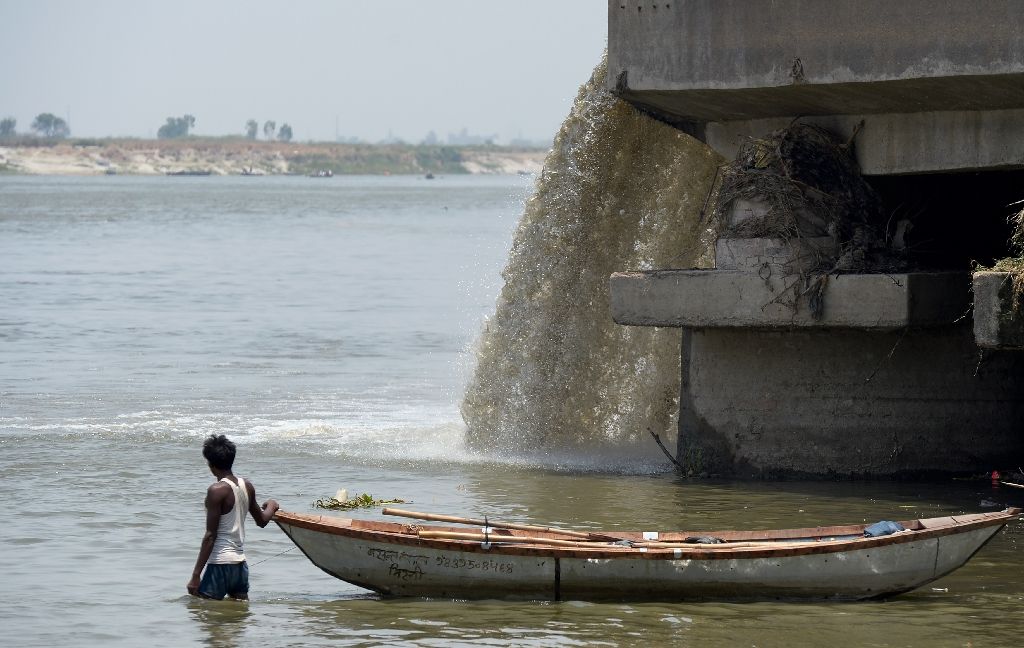
Two billion people drinking contaminated water: WHO

Hundreds of thousands of people die each year because they are forced to drink contaminated water, the WHO said, urging large investments to help provide universal access to safe drinking water.
“Today, almost two billion people use a source of drinking-water contaminated with faeces, putting them at risk of contracting cholera, dysentery, typhoid and polio,” Maria Neira, WHO Director, Department of Public Health, Environmental and Social Determinants of Health, said in a statement.
She also said that, “Contaminated drinking-water is estimated to cause more than 500,000 diarrhoeal deaths each year and is a major factor in several neglected tropical diseases, including intestinal worms, schistosomiasis and trachoma.”
According to the UN-Water Global Analysis and Assessment of Sanitation and Drinking-Water (GLAAS) 2017 report, countries have increased their budgets for water, sanitation and hygiene at an annual average rate of 4.9% over the last three years.
80% of countries report that water, sanitation and hygiene (WASH) financing is still insufficient to meet nationally-defined targets for WASH services, the statement further said.
“In many developing countries, current national coverage targets are based on achieving access to basic infrastructure, which may not always provide continuously safe and reliable services,” WHO warned in a statement.
The World Bank has meanwhile estimated that investments in infrastructure will need to triple to $114 billion per year — not including operating and maintenance costs — in order to meet the SDG targets.
“This is a challenge we have the ability to solve,” says Guy Ryder, Chair of UN-Water and Director-General of the International Labour Organization. “Increased investments in water and sanitation can yield substantial benefits for human health and development, generate employment and make sure that we leave no one behind.”






